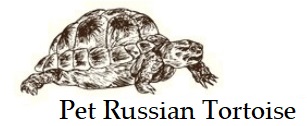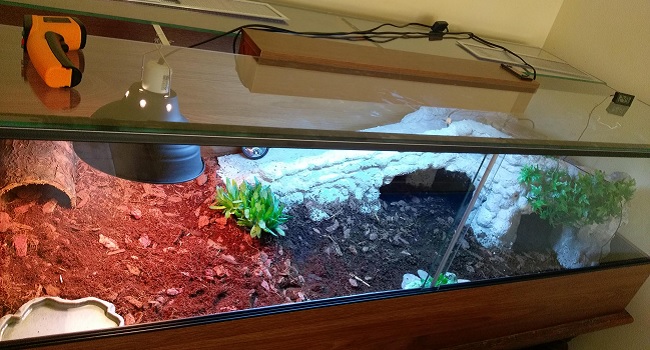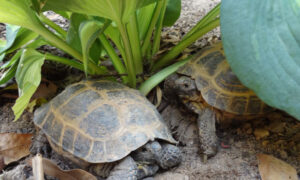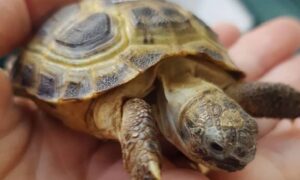Yes. Russian tortoises need light. Lighting is one of the most important requirements for keeping a healthy Russian tortoise. Proper lighting is very important to provide heat, UV light and a natural day/night schedule. There are several types of lights and setups to achieve proper housing requirements.
Light Creates Heat
Correct heating is very important to ensure health of a Russian tortoises. With prolonged cool temperatures, a Russian tortoise can have problems digesting food, develop a respiratory infection, lethargy, etc.
Flood bulbs can be used for heat and light. However, if you decide to use a flood bulb in an indoor enclosure, you will still need to use a source of UV. Flood bulbs can provide heat, but they do not provide any UV output.

It is important to create enough heat to provide an ambient temperature between 70-80°F and a basking area between 95-100°F. Use a temperature gun to check the temperature at various points in the enclosure to ensure that the indoor enclosure is heating properly. You can also use a digital thermometer with a probe to check the surface temperature.
Light Creates UV
Not all sources of light create UV output, which is why it is important to use UV bulbs and UV tubes if you are using a light source that is solely a source of light, like a flood bulb.
If you would prefer to use a light source that can provide UV, mercury vapor bulbs can fulfill that need. However, there are claims that mercury vapor bulbs have a short wavelength and can cause eye problems. If you choose to use a mercury vapor bulb, follow the brand instructions to reduce risks to your tortoise.
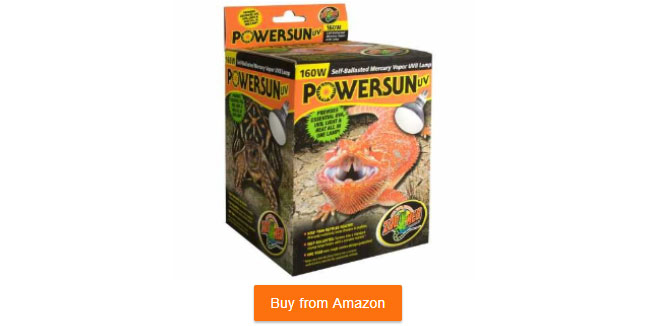
UV tubes and UV bulbs, typically do not produce any heat, so you will want to use another source of heating, like a flood bulb or a ceramic heat emitter to ensure proper heating. However, there are plenty of sufficient light options for UV emissions.
UV is important for the synthesis of vitamin D, which is important for calcium and phosphorus absorption.

Light Provides a Diurnal Schedule
Russian tortoises need light to create a diurnal schedule with a daylight and night time hours. If the enclosure is dark 24 hours a day, you may notice signs of stress, which overtime can affect the overall health of the tortoise.
